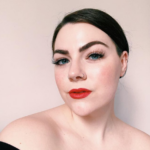The beauty industry is full of controversy. That's just fact.
For some brands, it spawns from one ill-timed mistake. For others, controversy is at the very root of the operation. These are just a handful of the past decade's biggest beauty controversies, ranked from least to most damaging.
10. ZPalette
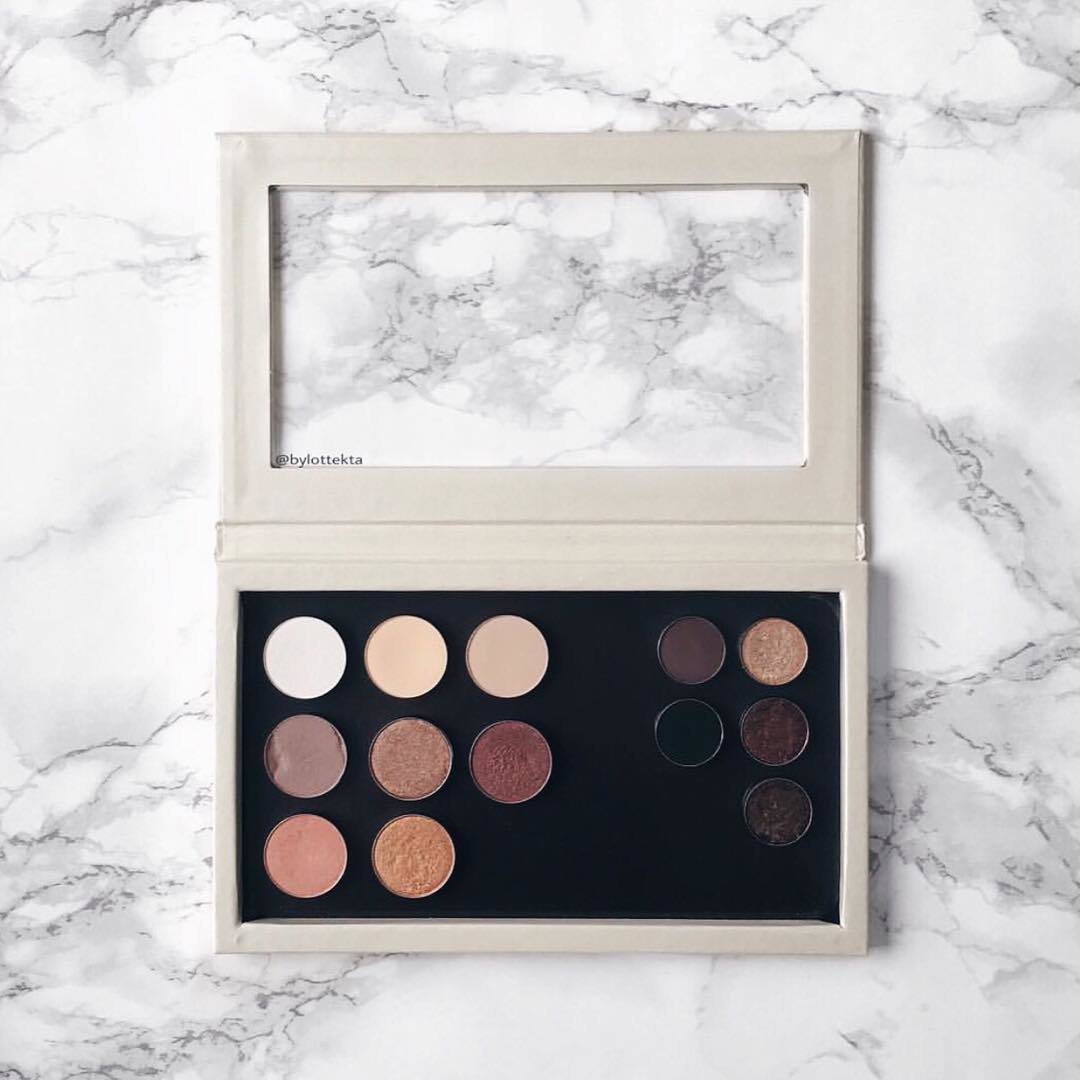
Last month, after customers started boycotting ZPalette entirely because its Instagram account was caught bullying critical cusomters. In return, two major beauty suppliers dropped the brand entirely.
Shortly after, makeup artist Kevin James Bennett shared his negative experiences with founder Zena Shteysel, whom he says tried to pressure him into positively reviewing her product — the quality of which he says had rapidly declined.
9. ColourPop
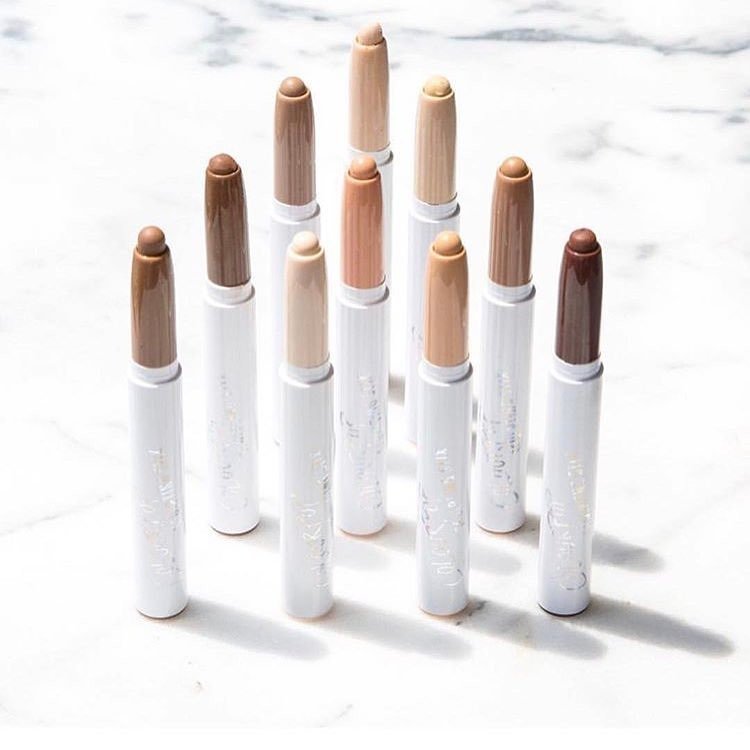
Everyone's still trying to figure out if ColourPop's owners really are reselling their products as Kylie Cosmetics (we'll get to that later), but that's not their only questionable action.
When the brand released its Sculpting Stix last fall, consumers were outraged that two of the darkest shades were named Typo and Yikes, a perceived disrespect to Black customers. ColourPop quickly apologized and renamed the now-discontinued Sculpting Stix, but it's been extremely selective with its shade naming since.
8. Gerard Cosmetics
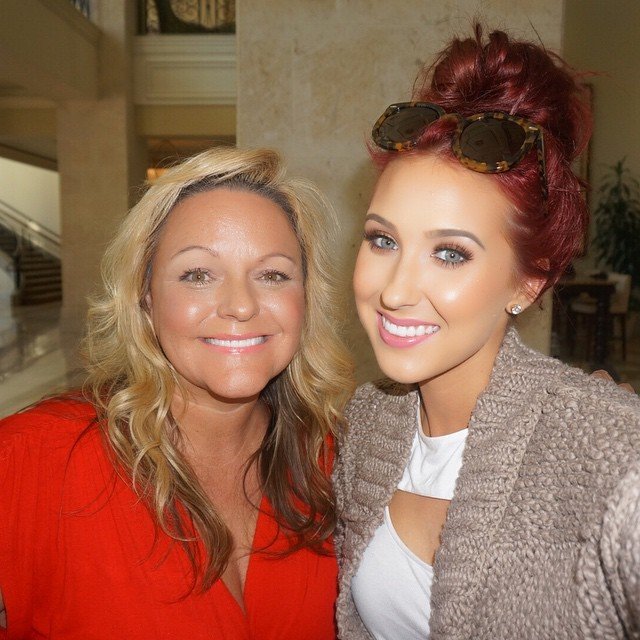
In 2015, Gerard Cosmetics founder Jen Gerard audibly called a vlogger who gave her brand a negative review "the ugliest person ever" in a video on Manny Gutierrez's Snapchat. When the vlogger, Karina Kaboom, made a video condemning Gerard's comments and questionable business practices, the company blocked her on all social media and allegedly barred other brands from working with her.
The issue escalated to the point that Jaclyn Hill dropped her bestselling collaboration with Gerard and stopped associating with the brand altogether.
7. Urban Decay
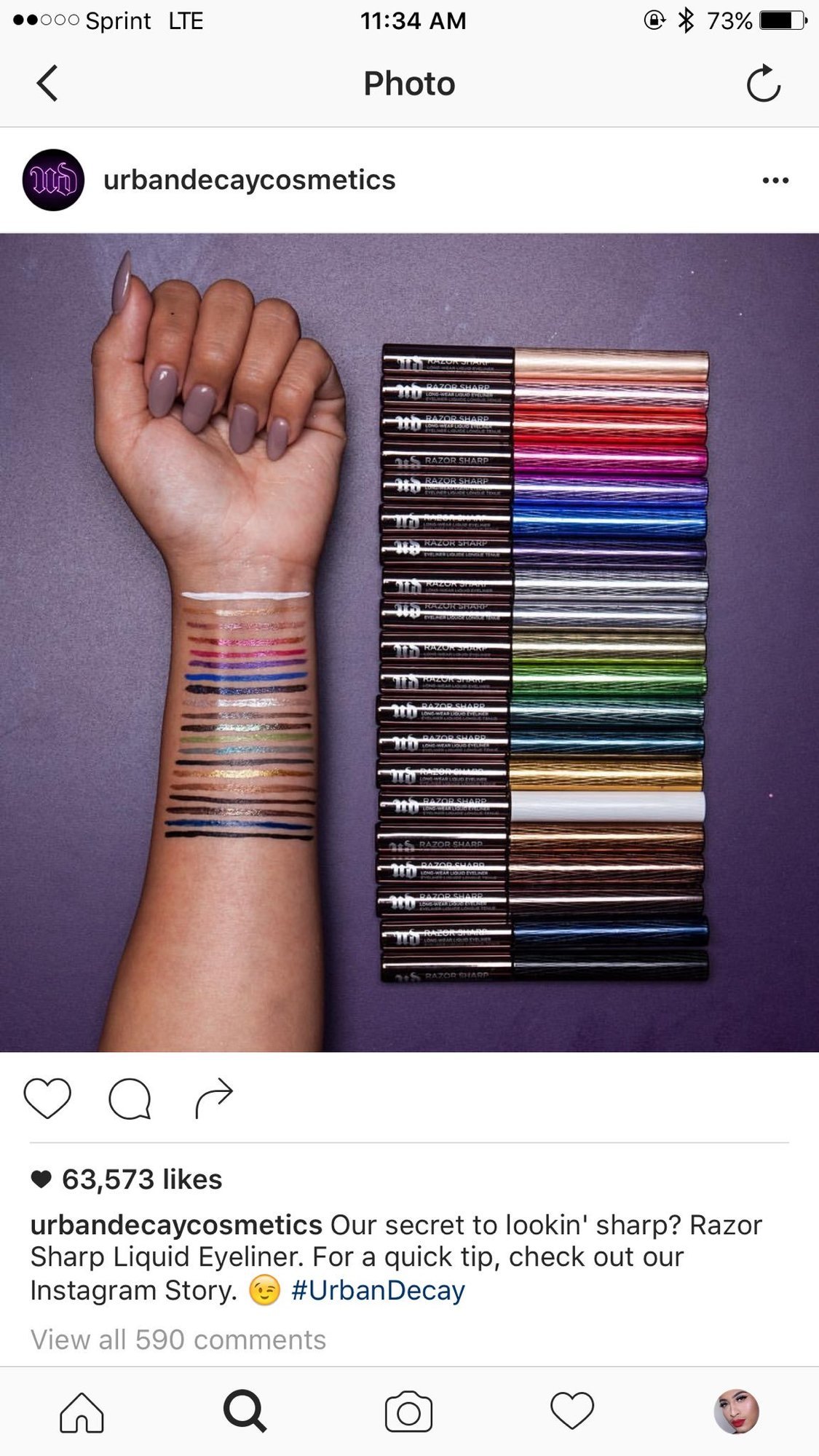
Last summer, Urban Decay posted these swatches of its Razor Sharp Liquid Eyeliner across someone's wrist. The name of the product combined with the imagery shown was triggering to self-harm survivors, so the company deleted the posts and apologized.
UD is also known to push the envelope with its shade names. Currently, the internet is petitioning for the company to rename the shade Druggie from the Afterdark eye shadow palette.
6. Illamasqua
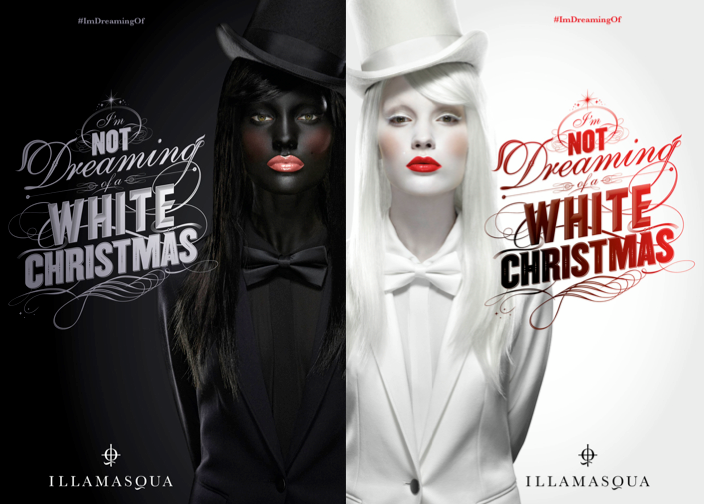
Illamasqua received a lot of praise for its recent "Anti-FascismPledge," but it's been heavily criticized in the past for this advertisement from 2012. The company's Australian Facebook page posted the ads featuring a model in full blackface. The brand removed the image just before re-uploading it with a defensive statement because "this campaign is about colour ON the skin, not colour OF the skin, depicting polarity between the two images, not race."
5. MAC Cosmetics
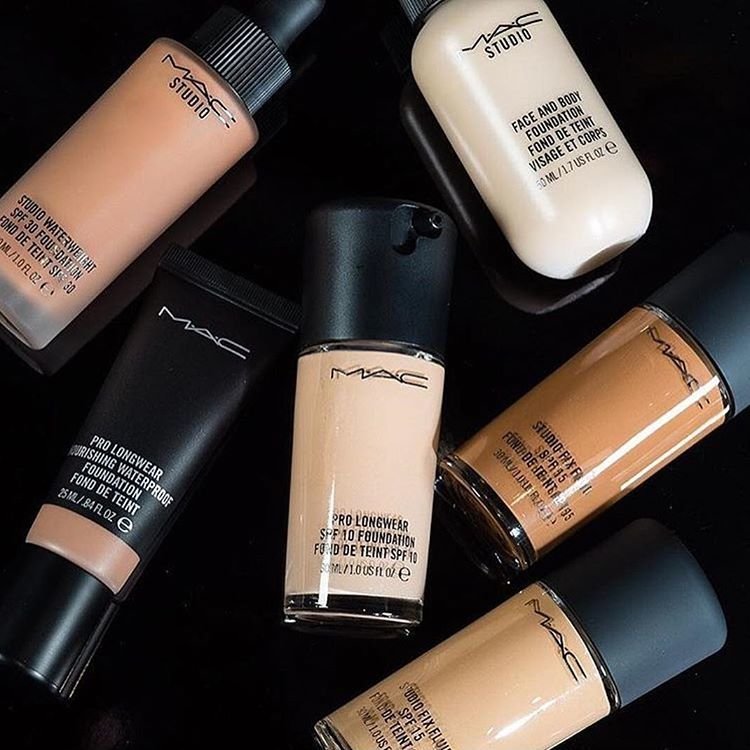
It's common knowledge that MAC Cosmetics is not an entirely cruelty-free company, but that's only the tip of the iceberg when it comes to this iconic brand.
MAC has created several collections that have been pulled due to cultural appropriation. Namely Vibe Tribe —inspired by music festivals and insensitive towards Native Americans — and the Mexico-Inspired Rodarte collaboration — which features a nail polish named for a factory town where young girls are frequently abused.
4. Kylie Cosmetics
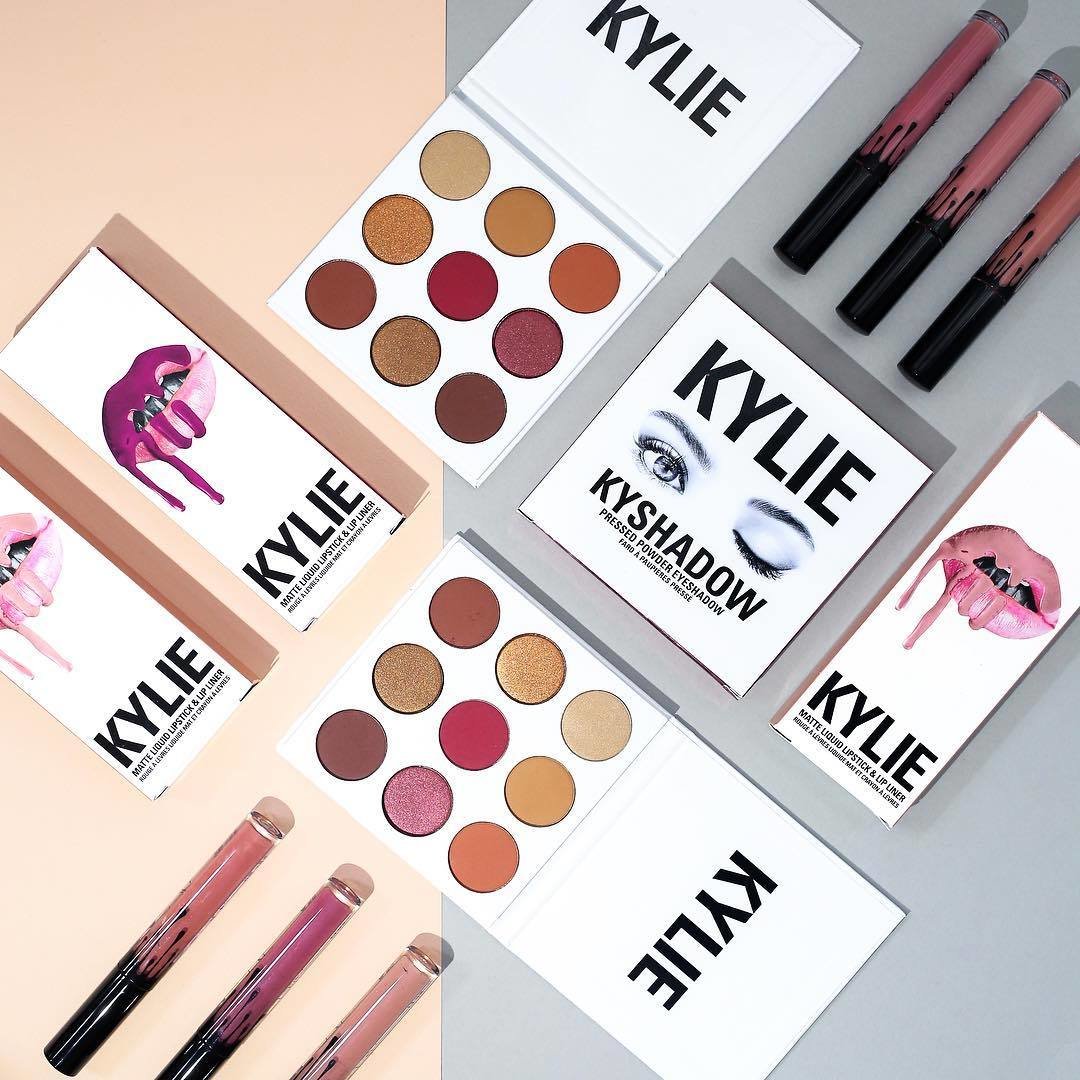
Since its birth, Kylie Cosmetics has been accused of just about every poor business practice possible. The brand's been called out for stodgy lip gloss applicators, harshly scented eye shadow palettes, late and overpriced shipping — Kylie Jenner's even been sued for stealing intellectual property from a well-known makeup artist.
In fact, claims of repackaging have led many to believe that the brand's products are old ColourPop products repackaged. Both companies deny the rumor, but the theory holds up: the two brands are owned by the same company, share laboratories, and have almost identical formulas.
3. Kat Von D Beauty
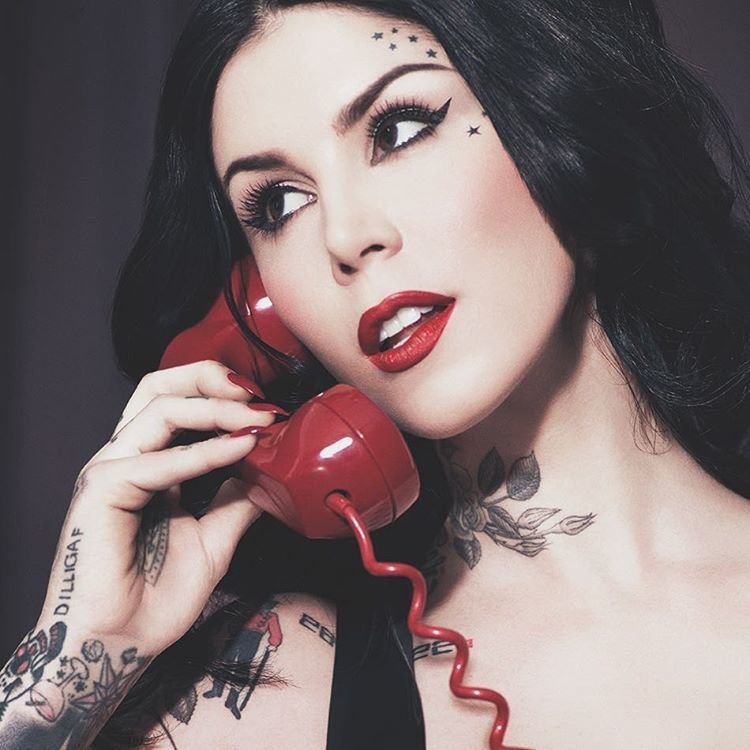
Kat Von D faced a large backlash in 2015 for naming one of her Studded Kiss Lipstick shades Underage Red, which consumers felt promoted the sexualization of girls and young women. Many demanded she discontinue the shade, but she defended it, and it's still available to this day. She has, however, pulled her shade Celebutard from Sephora following backlash for obvious reasons.
Kat also received negative attention after last summer's social media posts, in which she publicly 'broke up' with longtime friend Jeffree Star. He claimed that Kat maliciously exaggerated allegations to paint herself in a better light; some fans saw it as a case of a more popular person — Kat — bullying someone much smaller.
2. Jeffree Star Cosmetics
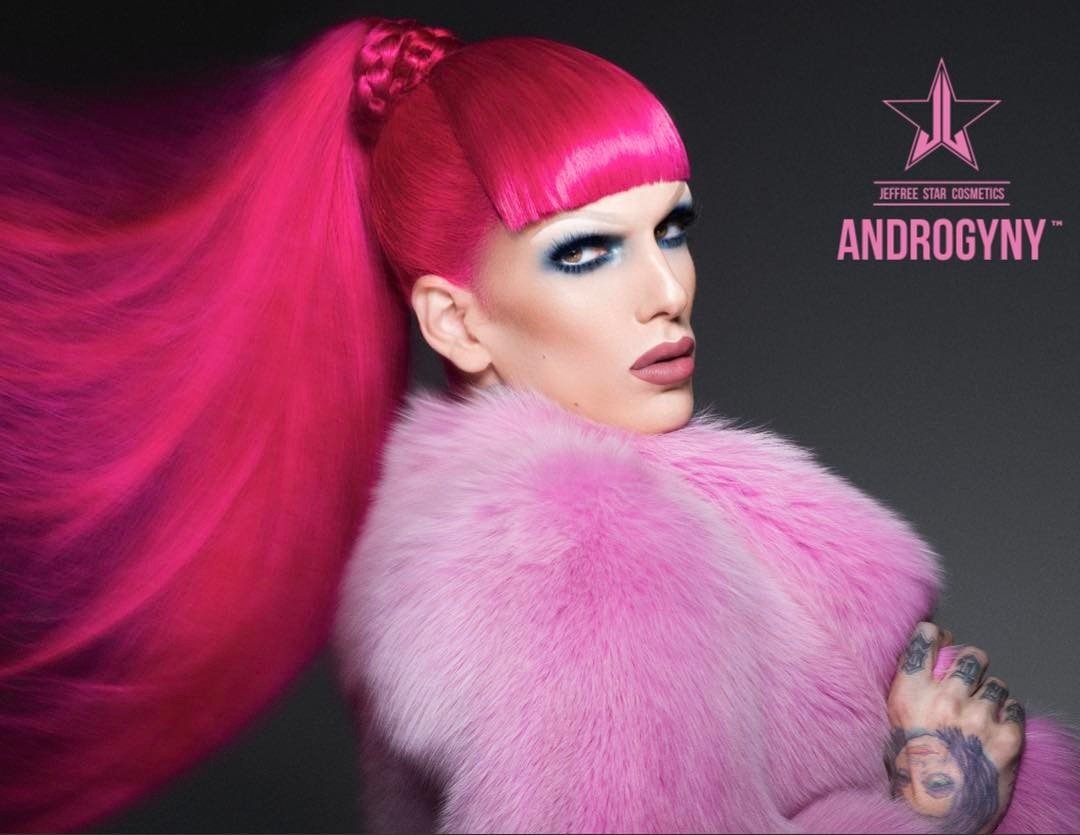
Jeffree Star himself is a controversial figure, so it's no surprise his brand has absorbed so much criticism. As a Myspace celebrity, he made multiple threatening, racist comments for which he's since apologized.
Star has had numerous negative interactions with fans: He started a Twitter war with a customer who claimed her Skin Frost contained human hair. She eventually was sent a replacement, but she was blocked by Star's Twitter in the process.
Star's public falling out with Kat Von D brought some of his other shady business dealings to light, including his apparent refusal to pay the artist who helped design his logo. The artist, B.J. Betts, says the issue was resolved amicably.
1. Lime Crime
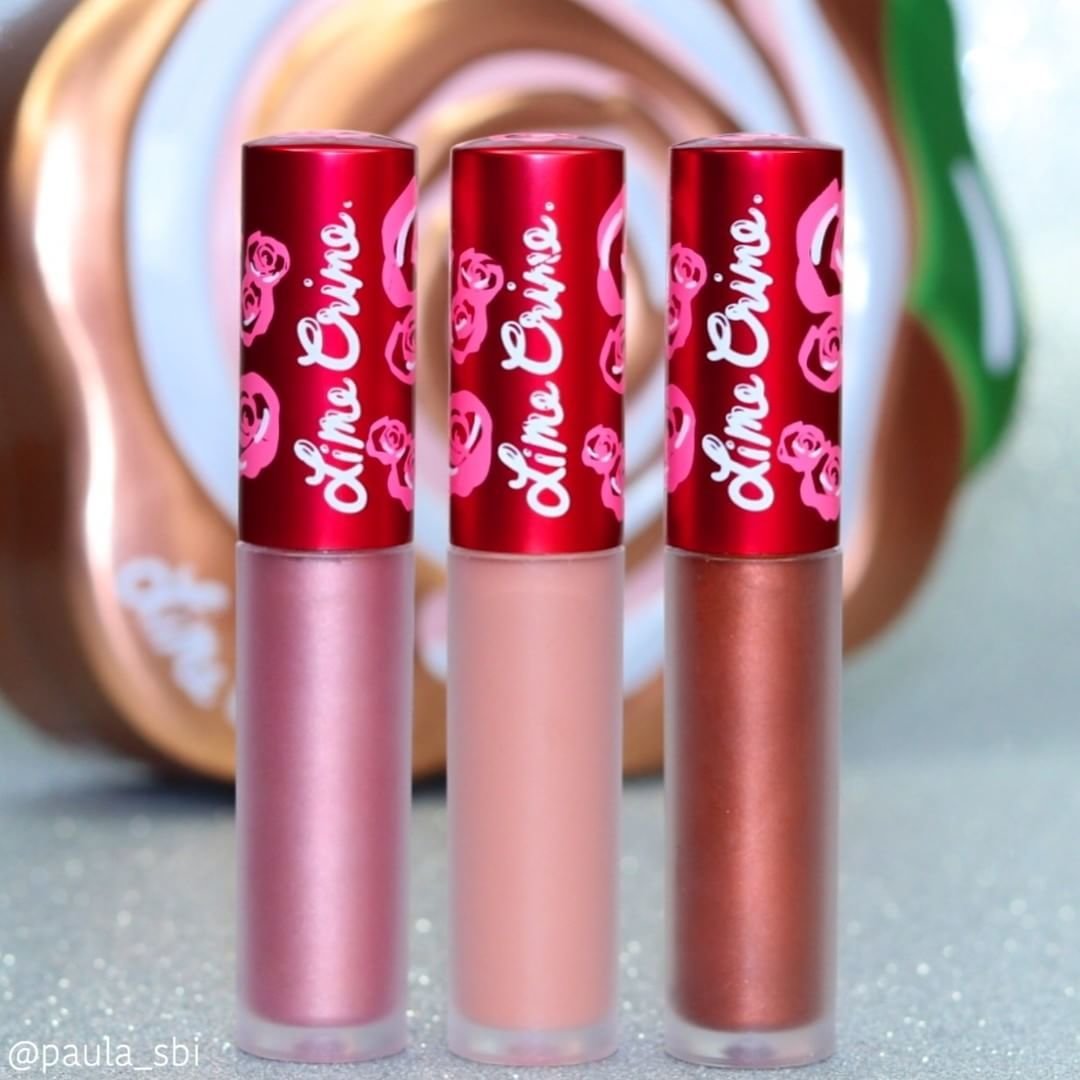
Where does one even begin with Lime Crime? Its founder, Doe Deere, has threatened legal action against countless bloggers who gave negative reviews (one was 13 years old), defended a culturally appropriating palette called "China Doll," and has expressed numerous racist thoughts and actions (including dressing as Adolf Hitler for Halloween shortly after the brand's launch).
After Lime Crime's server was hacked in 2014, customers' credit card information was stolen, and false charges racked up by the identity thieves. The brand denied the hack for weeks, until they finally notified customers not with an email, but an Instagram post. Many say they were never reimbursed.
Its Velvetine liquid lipsticks have also been investigated by the FDA because they allegedly contain dangerous chemicals that have yet to be removed from the formula.
How does a controversy affect your opinion of a beauty brand and its products?
Let us know on our Eyeliner Addict Facebook page and like us for more beauty news!
Note: This story previously stated that Urban Decay discontinued two products named Celebutard and Ghettofaulous. The brand never carried those shades, and this article has been edited to correctly attribute Celebutard to Kat Von D Beauty.
